Dealing with Tooth Pain from a Broken or Cracked Tooth
Tooth pain from a broken or cracked tooth can be sharp, persistent, and disruptive to daily life. Whether you chipped a tooth while biting into something hard, experienced trauma, or noticed a hairline crack, prompt attention to these issues can prevent further complications and relieve discomfort. Here’s what you need to know about the causes of tooth pain from broken or cracked teeth, and how to manage it effectively.
Why Broken or Cracked Teeth Cause Pain
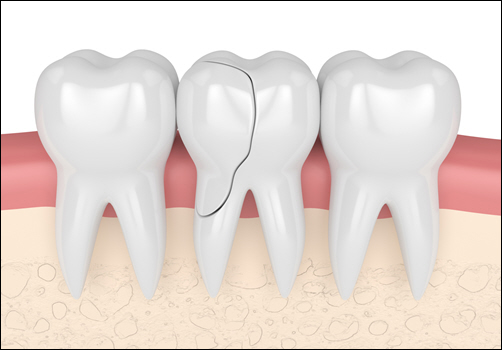 When a tooth breaks or cracks, the inner layers become exposed, leaving the nerves vulnerable to external stimuli like temperature changes, pressure, and bacteria. Even minor cracks can lead to sharp or throbbing pain, especially if they extend into the inner dentin layer or reach the pulp, where nerves and blood vessels are housed. The exposed areas allow bacteria to infiltrate the tooth, increasing the risk of infection, which can cause severe pain and may even threaten the health of surrounding teeth.
When a tooth breaks or cracks, the inner layers become exposed, leaving the nerves vulnerable to external stimuli like temperature changes, pressure, and bacteria. Even minor cracks can lead to sharp or throbbing pain, especially if they extend into the inner dentin layer or reach the pulp, where nerves and blood vessels are housed. The exposed areas allow bacteria to infiltrate the tooth, increasing the risk of infection, which can cause severe pain and may even threaten the health of surrounding teeth.
Pain often flares up when eating or drinking hot, cold, or sweet items. Biting down on the damaged tooth can also cause discomfort or sensitivity, as the crack or break creates pressure points that stress the tooth.
Immediate Steps to Manage Tooth Pain
If you experience tooth pain from an injured tooth, try these steps to manage the discomfort until you can see your dentist:
- Rinse with Warm Salt Water: Rinsing with warm salt water helps clean the affected area, reducing bacteria and minimizing the risk of infection. This rinse also soothes inflamed gums and helps keep the area clean.
- Use a Cold Compress: Apply a cold compress to the outside of your cheek to reduce swelling and numb the area. This approach can provide temporary relief from pain and inflammation.
- Avoid Hard, Crunchy, or Sticky Foods: Until you see your dentist, stick to soft foods and avoid chewing on the side of the damaged tooth. Hard or sticky foods can worsen the crack or break and intensify the pain.
- Take Over-the-Counter Pain Relievers: Non-prescription pain relievers can help reduce pain and discomfort. Follow the recommended dosage, and avoid applying aspirin directly to the tooth, as it may irritate the gums.
Dental Treatments for Broken or Cracked Teeth
To address pain from a broken or cracked tooth effectively, it’s essential to see your dentist as soon as possible. Your dentist will assess the extent of the damage and recommend one of several restorative treatment options based on the severity:
- Dental Bonding: For minor chips or cracks, bonding with a tooth-colored resin can repair and seal the damaged area, restoring the tooth’s appearance and function.
- Dental Crown: If the crack is more extensive, a crown can cover and protect the entire tooth, preventing further damage and alleviating sensitivity.
- Root Canal Therapy: For cracks that reach the pulp, root canal therapy may be necessary to remove infected tissue and relieve pain. After a root canal, a crown can be placed over the tooth to restore its strength.
- Tooth Extraction: In severe cases where the crack extends below the gum line, extraction may be required. Your dentist can discuss replacement options, such as dental implants, to restore your smile.
Preventing Pain and Protecting Your Smile
Taking quick action when dealing with tooth pain from an injured tooth not only brings relief but also helps prevent infection and further damage. Practicing good dental hygiene, avoiding chewing on hard objects, and wearing a mouthguard during sports can protect your teeth from future cracks and breaks.
By addressing dental pain promptly and following preventive measures, you can maintain a healthy, comfortable smile. If you suspect a cracked or broken tooth, schedule a dental visit immediately to get the right treatment and preserve your oral health.

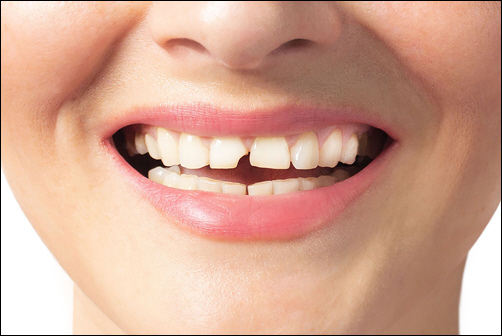
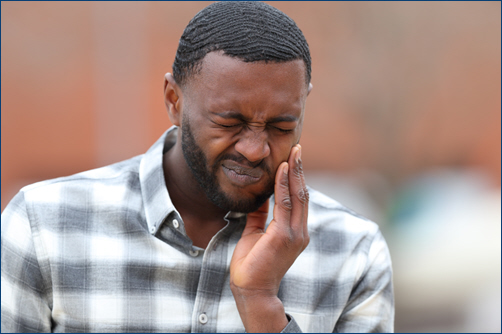
 Jaw Clenching and Teeth Grinding: One of the most prevalent causes of TMJ disorders is jaw clenching and teeth grinding, often resulting from stress or anxiety. These habits place excessive pressure on the TMJ, leading to pain and inflammation. Bruxism can occur during the day or night, exacerbating TMJ symptoms.
Jaw Clenching and Teeth Grinding: One of the most prevalent causes of TMJ disorders is jaw clenching and teeth grinding, often resulting from stress or anxiety. These habits place excessive pressure on the TMJ, leading to pain and inflammation. Bruxism can occur during the day or night, exacerbating TMJ symptoms.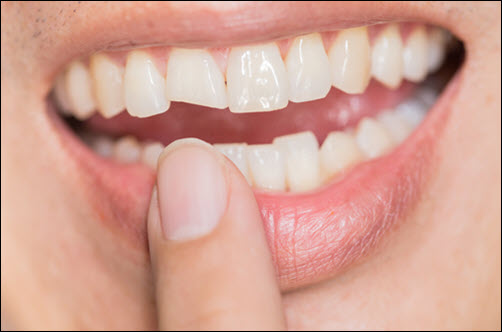
 When such accidents happen, people tend to immediately rush to the dentist, which is a wise decision. But if the emergency occurs after-hours or on a weekend, help may not be readily available. Therefore, it’s beneficial to know what to do as first aid in certain types of dental emergencies.
When such accidents happen, people tend to immediately rush to the dentist, which is a wise decision. But if the emergency occurs after-hours or on a weekend, help may not be readily available. Therefore, it’s beneficial to know what to do as first aid in certain types of dental emergencies.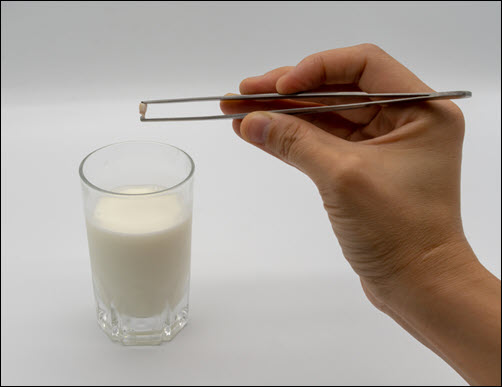 Try at-home remedies as a temporary measure. Use a cold compress or a hot water bottle to alleviate the pain and reduce swelling. If a tooth is knocked out and you still have it, put it in a container of milk until you get to the dentist. (Milk’s composition is compatible with cells in your teeth, and it can help temporarily preserve the tooth.) If you have an empty tooth socket pack the space with gauze, a cotton ball, or even a dampened tea bag to help protect the area.
Try at-home remedies as a temporary measure. Use a cold compress or a hot water bottle to alleviate the pain and reduce swelling. If a tooth is knocked out and you still have it, put it in a container of milk until you get to the dentist. (Milk’s composition is compatible with cells in your teeth, and it can help temporarily preserve the tooth.) If you have an empty tooth socket pack the space with gauze, a cotton ball, or even a dampened tea bag to help protect the area.